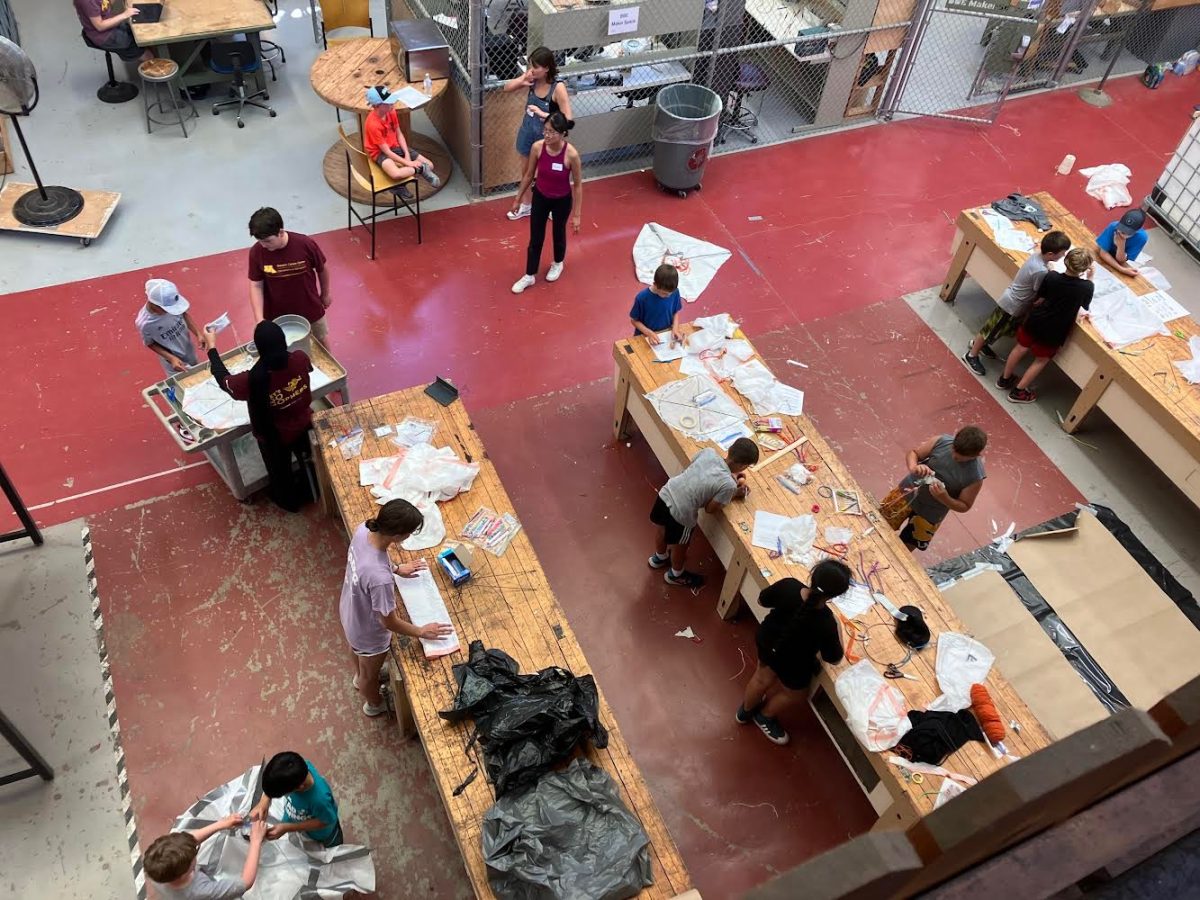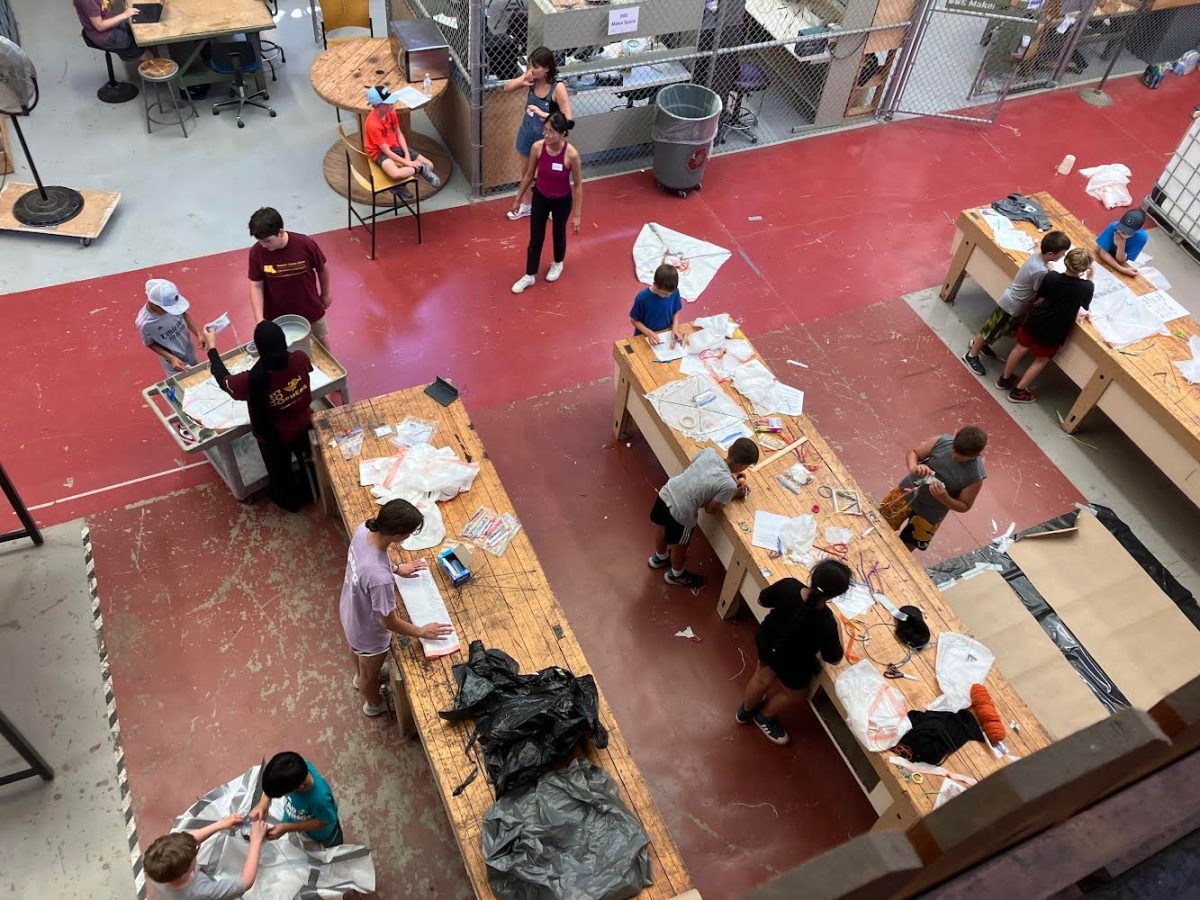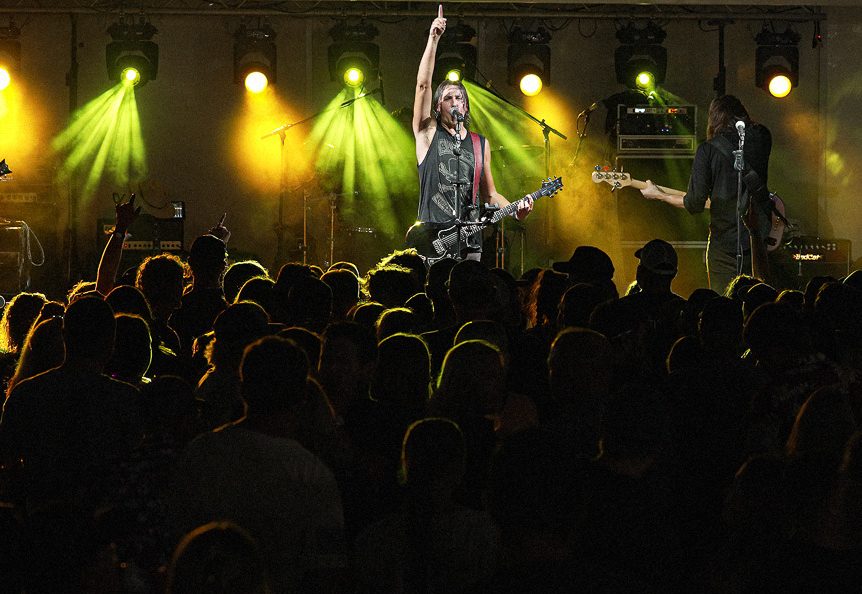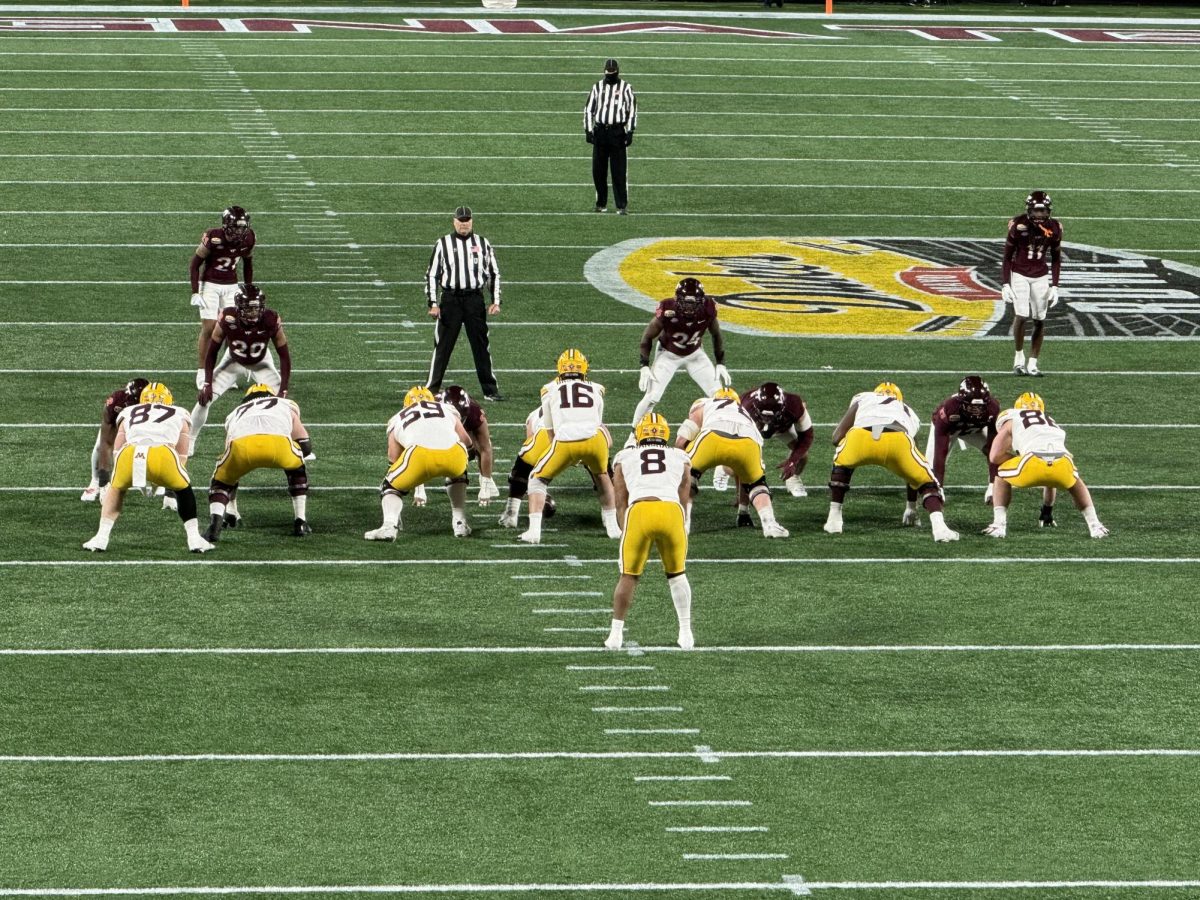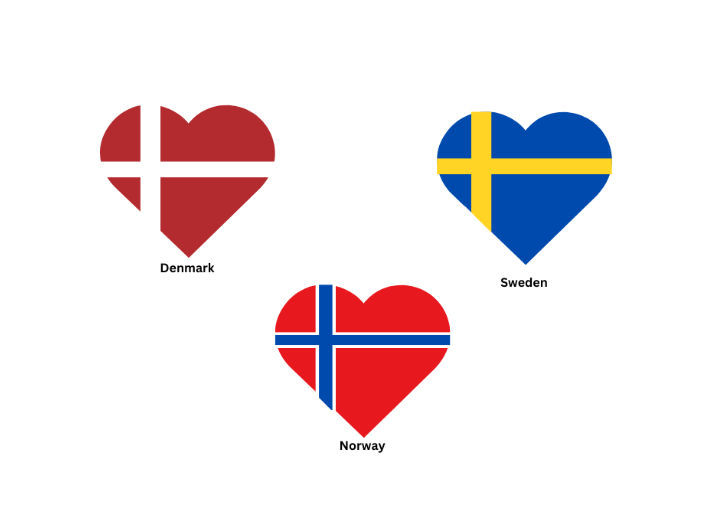The University of Minnesota earned a top spot in the first-ever Times Higher Education Interdisciplinary Science Rankings, which ranked colleges and universities based on interdisciplinary science research.
The University was ranked the top public university in the U.S. and sixth overall globally out of 749 institutions over 92 countries for interdisciplinary research programs.
Unlike other disciplinary centers, the University’s Institute for Advanced Study (IAS), founded in 2005, does not have a specific focus of study, said IAS Acting Director Susannah Smith. She added the Institute exists to encourage and support disciplinary and collaborative work.
Many of the collaborations have been among the sciences and humanities or other disciplines to cultivate human oriented approaches to science, and concrete data oriented approaches to humanities, Smith said.
“We’re really pleased because we think that collaboration is a really great way to advance knowledge,” Smith said. “It’s really clarifying to know and wonderful to have been acknowledged by this ranking.”
The Institute offers programs for residential fellows, interdisciplinary research and creative collaboratives, as well as an open-access digital journal and public events, according to Smith.
The IAS is an experimental place not just in the sciences, Smith said. In both the residential fellowship program, and the research and creative collaboratives program especially, the IAS does not expect researchers to come up with something by the end of their time in the programs.
“We are a place for people to do developmental work to experiment and sometimes experiments fail,” Smith said. “We actually had a collaborative once that was looking into the concept of failure in the humanities and they sort of only half jokingly said they failed because they couldn’t totally agree on how to define failure in the humanities.”
Smith said the IAS being recognized, and the University as a whole, is huge.
“I am just excited by the work that I do and support here at the IAS,” Smith said. “It’s just always so interesting, I love coming into work.”
In addition to research from faculty and fellows, the IAS hosts events like their (In)Justice series on just policing which features speakers like community activists and scholars on how policing intersects with broader societal issues across the globe.
“On a broader scale it’s really good to listen to people who come from different perspectives,” Smith said. “But in terms of research it’s incredibly generative to have different inputs.”





